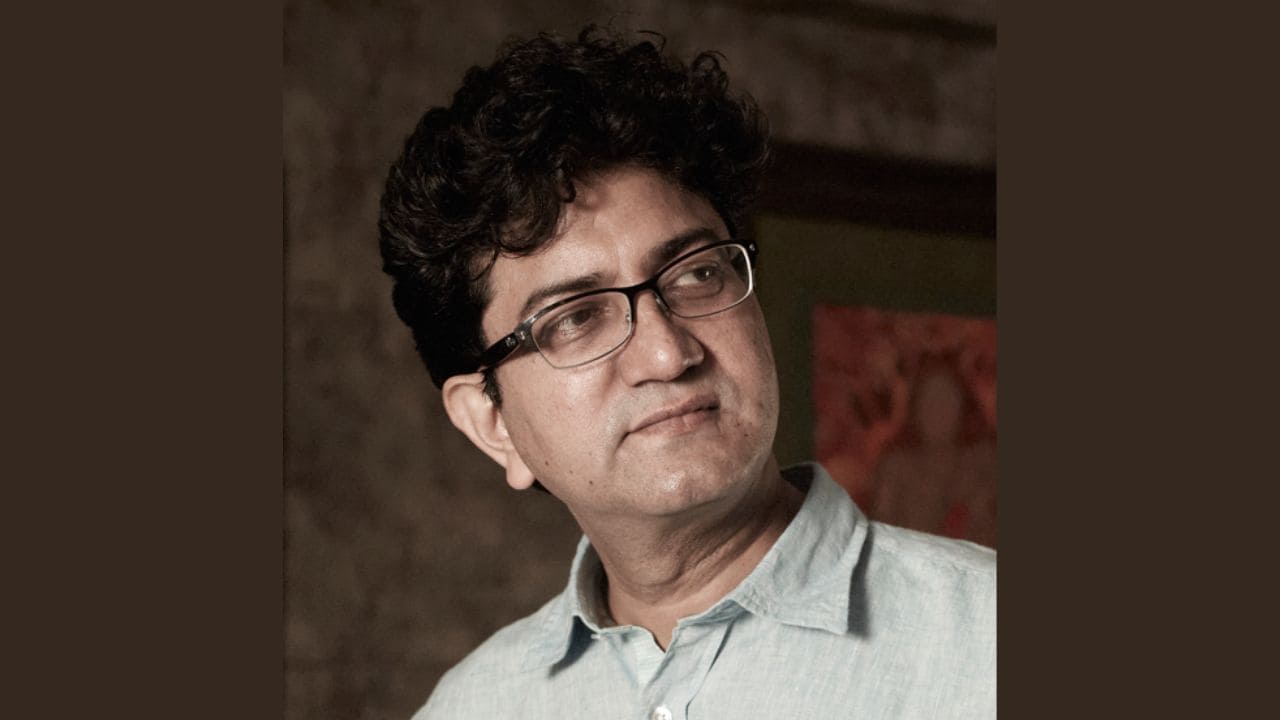At the CNN-News18 Rising India Summit 2025 held in New Delhi on Tuesday, an engaging panel featuring noted businessman and columnist Suhel Seth, McCann Worldgroup India Chairman & CEO and poet Prasoon Joshi, and India’s G20 Sherpa and former CEO of NITI Aayog, Amitabh Kant, underscored the significance of India’s soft power, rooted in its civilisational heritage.
The discussion, rich in reflection and conviction, pivoted around a central idea — India’s enduring cultural wealth, and the urgent need for each citizen to act as its ambassador on the global stage.
Prasoon Joshi, widely recognised for his lyrical storytelling and cultural commentary, struck a chord with the audience as he elaborated on what he sees as India’s most underrated strength. “What we consider our weakness is actually our strength,” Joshi said, responding to a question about India’s overlooked soft power tools — whether language, spirituality or democracy.
He argued that India’s collective consciousness — often seen in contrast to the individualistic and consumer-driven models of the West — offers a unique lens through which the country can influence global thinking. “We are a collective civilisation. The idea of family here is not a limitation, it is expansive. It extends into Vasudhaiva Kutumbakam, the world is one family,” Joshi said, referencing the civilisational ethos behind India’s G20 presidency theme.
India, he added, has always celebrated “intelligence, not the intelligent”. He drew a distinction between the Western focus on the individual and India’s historical emphasis on the collective — a perspective that becomes increasingly relevant in a world grappling with the ethical dilemmas of AI, climate change and spiritual disconnect.
Speaking evocatively about nature and sustainability, Joshi recalled his childhood in Uttarakhand. “When I used to look at the river, I always saw someone first doing pranam to the river before entering it. Nature was never seen as something to be consumed, but revered. Sustainability wasn’t an afterthought — it was inherent.”
Joshi spoke about his lyrics from a song he wrote called ‘Roobaroo Roshni’, where the lyrics convey that ‘I swallowed the sun’ – which is a reference invoked the mythological tale of Hanuman and Jambavan to illustrate the state of India’s cultural self-awareness today. “Like Hanuman, we too have forgotten our strength. We need a Jambavan — someone to remind us of who we are, of our immense heritage, of our potential,” he said, adding that cultural custodians today must take on that responsibility.
Suhel Seth, opening the conversation, echoed this sentiment. “India is today in the finest position globally — we are not just an incredible investment destination but a force to reckon with.” Comparing India’s potential in innovation to that of Israel, he said, “A country the size of Gurgaon has become a leader in innovation — imagine what India can do with its scale and creativity.”
Amitabh Kant brought in the economic and digital lens to the conversation, emphasising the country’s transformation over the past decade. “Ten years ago, India was among the fragile five economies. Today, we’ve risen to become one of the top five,” Kant noted. “India now leads the world in fast payments — 50% of global real-time digital transactions happen here. China follows with just 20%.”
The panelists jointly asserted that the world is increasingly looking toward India — not just for trade or tech, but for wisdom, perspective and leadership in solving global crises. And it is this moment, they emphasised, that India must seize — by looking inward, embracing its civilisational core, and projecting it with confidence.
Read More: India now leads global digital payments, says Amitabh Kant
